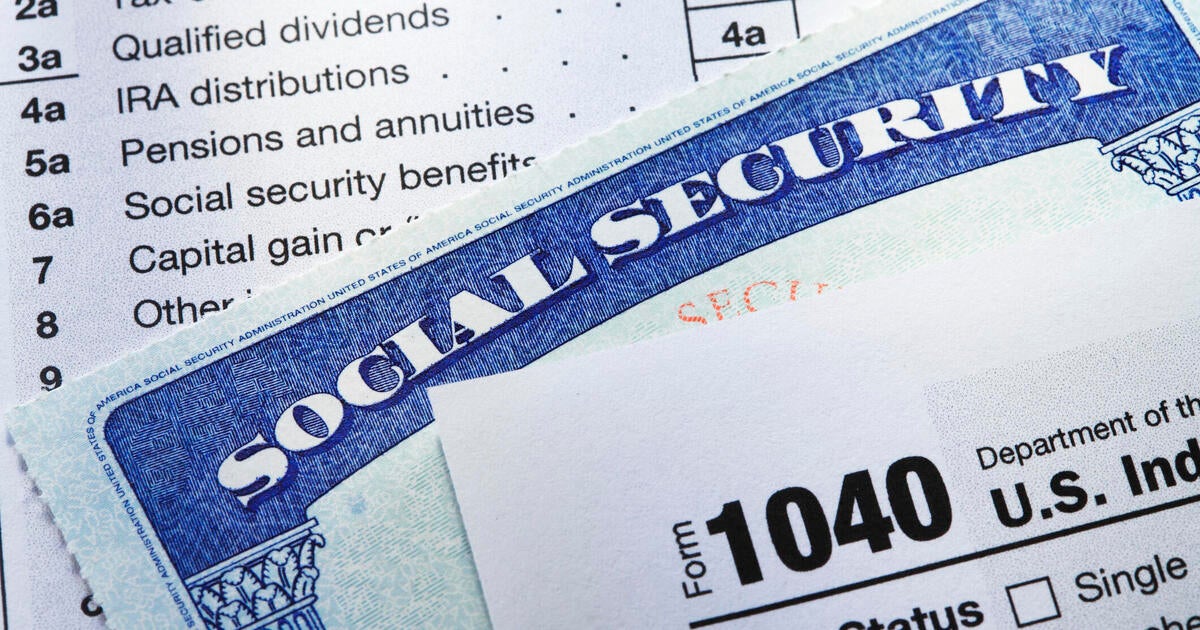Social Security Alerts, News & Updates
Social Security Benefits: How to Avoid the Tax Surprise

Understanding Social Security Taxes: What Retirees Need to Know
After dedicating years to paying into the Social Security system, many seniors are caught off guard when they discover their retirement benefits might be subject to federal income tax. While it might seem counterintuitive that a government Social Security program you’ve contributed to throughout your career could be taxable, the Internal Revenue Service (IRS) has specific rules about these benefits.
The good news? Not everyone will owe taxes on their Social Security income. If Social Security is your sole source of income, you’ll likely avoid taxation altogether. However, if you have additional income streams like wages, rental properties, dividends, or retirement account withdrawals, you could be looking at a tax bill on a portion of your benefits.
How Social Security Tax Calculations Work
The IRS uses a method called provisional income to determine your Social Security tax liability. Here’s how they calculate it:
Provisional Income = Adjusted Gross Income + Tax-Exempt Interest + 50% of Social Security Benefits
Your provisional income includes all taxable earnings, such as:
- Wages
- Pension payments
- Dividends
- Capital gains
- Traditional IRA or 401(k) withdrawals
Social Security Tax Thresholds Explained
The tax you’ll owe depends on your filing status and total income:
For Single Filers:
- Below $25,000: No taxes on Social Security benefits
- $25,000 to $34,000: Up to 50% of benefits may be taxable
- Over $34,000: Up to 85% of benefits may be taxable
For Married Couples Filing Jointly:
- Below $32,000: No taxes on Social Security benefits
- $32,000 to $44,000: Up to 50% of benefits may be taxable
- Over $44,000: Up to 85% of benefits may be taxable
Remember, these aren’t tax brackets, but thresholds determining how much of your Social Security benefits are considered taxable income.
Strategies to Minimize Social Security Taxes
Want to reduce your tax burden? Consider these smart approaches:
1. Strategic Retirement Withdrawals
Traditional IRA and 401(k) distributions count as income and can push you over Social Security tax thresholds. Consider:
- Withdrawing strategically
- Converting some savings to a Roth IRA
- Spreading large withdrawals across multiple years
2. Diversify Income Sources
Explore tax-advantaged accounts like:
- Roth IRAs
- Health Savings Accounts (HSAs)
- Investments that generate tax-free income
3. Consult a Social Security Tax Advisor
A tax expert can help you:
- Plan withdrawals
- Minimize taxable income
- Develop personalized tax strategies for Social Security benefits
The Bottom Line
While Social Security benefits aren’t automatically taxed, many retirees will pay taxes on a portion of their benefits. Understanding provisional income and managing your total income can help you estimate and potentially reduce your tax liability.
By implementing smart tax strategies and staying informed, you can keep more of your hard-earned Social Security retirement benefits. When in doubt, don’t hesitate to seek professional guidance to navigate these complex Social Security tax rules. For more details on tax obligations, check out your Social Security tax liability.
